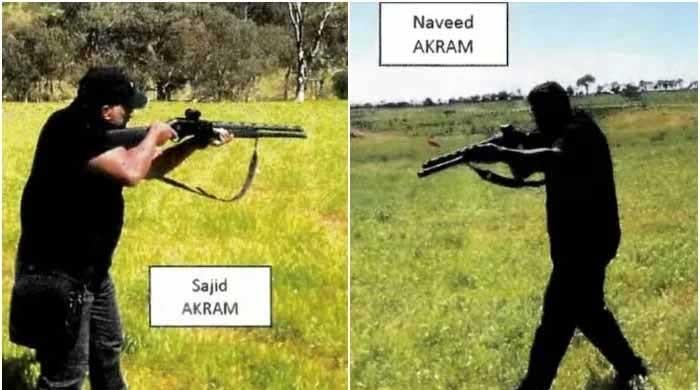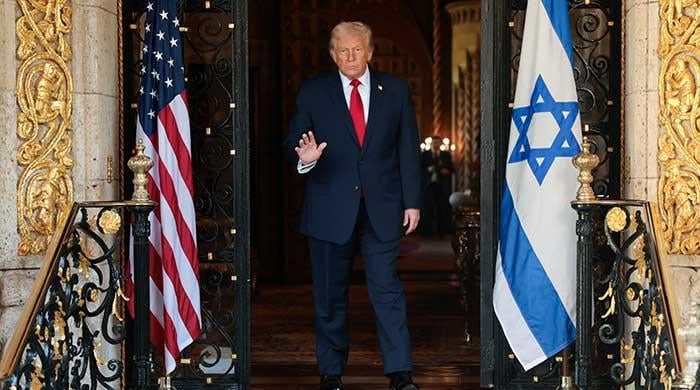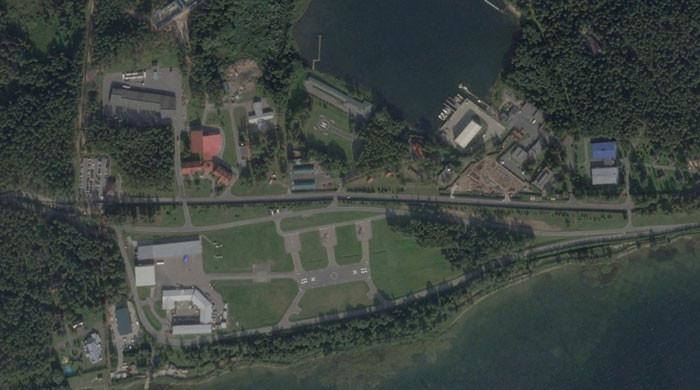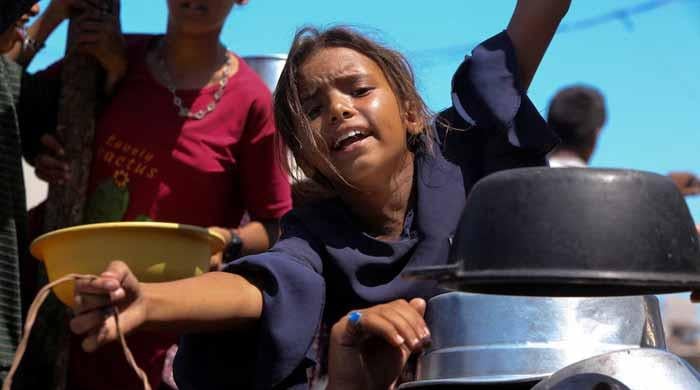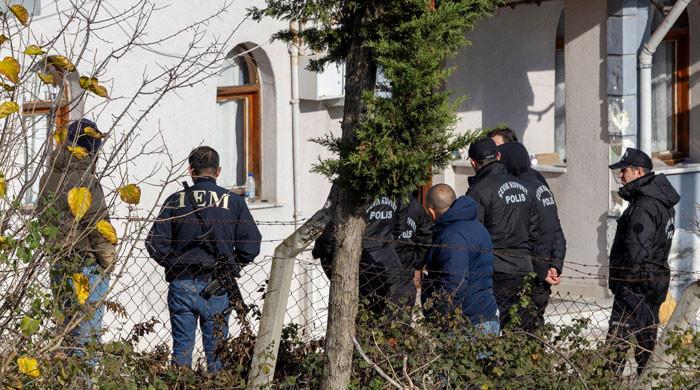Iranian protester Javad Rouhi dies in custody
Iranian prisoner's sentence was overturned in May, allowing for a re-evaluation of his case
September 01, 2023
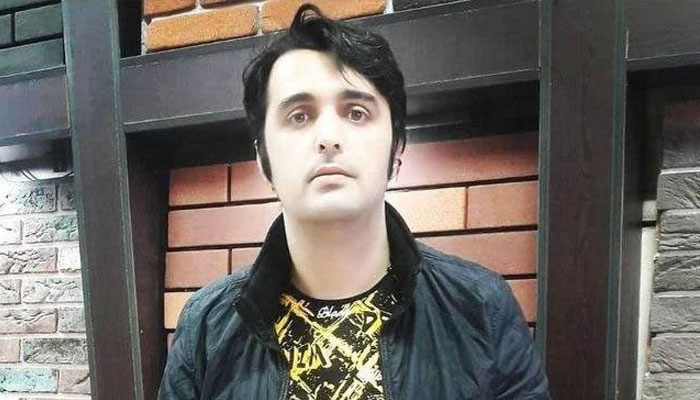
An Iranian man who was imprisoned last year died on Thursday in detention after his death sentence for taking part in anti-government protests was overturned by Iran's supreme court.
The 35-year-old Javad Rouhi, who was detained during demonstrations last year over Mahsa Amini's murder in custody for reportedly donning an "improper" hijab, passed away from insufficient hospital care following a seizure, and campaigners are holding the government accountable.
"Unfortunately, [Rouhi] died despite the actions of medical staff, and a legal case has been filed to follow up on the reason for his death," the Iranian judiciary's news website, Mizan, reported.
However, a number of human rights activists accused the judiciary and security agencies of "killing" Rouhi and exposed his passing on social media an hour before it was officially announced on Thursday.
Following the passing of Mahsa Amini, Rouhi was detained by Iran's morality police for organising protests.
He was later convicted guilty of inciting riots, damaging property, and apostasy for reportedly setting a Holy Quran on fire during a protest, the BBC reported.
Activists are sharing video clips from last year showing Rouhi dancing during protests.
According to Amnesty International, he was subjected to floggings, freezing temperatures, electric shocks and had a gun held to his head to force him into confessing.
Rouhi, a prominent Iranian activist, was sentenced to triple death for blasphemy, property destruction, and inciting national security in Nowshahr.
However, his sentence was overturned in May, allowing for a re-evaluation of his case.
Following a review of the case files by the court, it was discovered that Rouhi had taken part in the demonstrations on his own and that his actions did not fall under the legal definitions of "moharebeh" (waging war against God) or "corruption on earth," crimes that are punishable by death in Islamic law.




